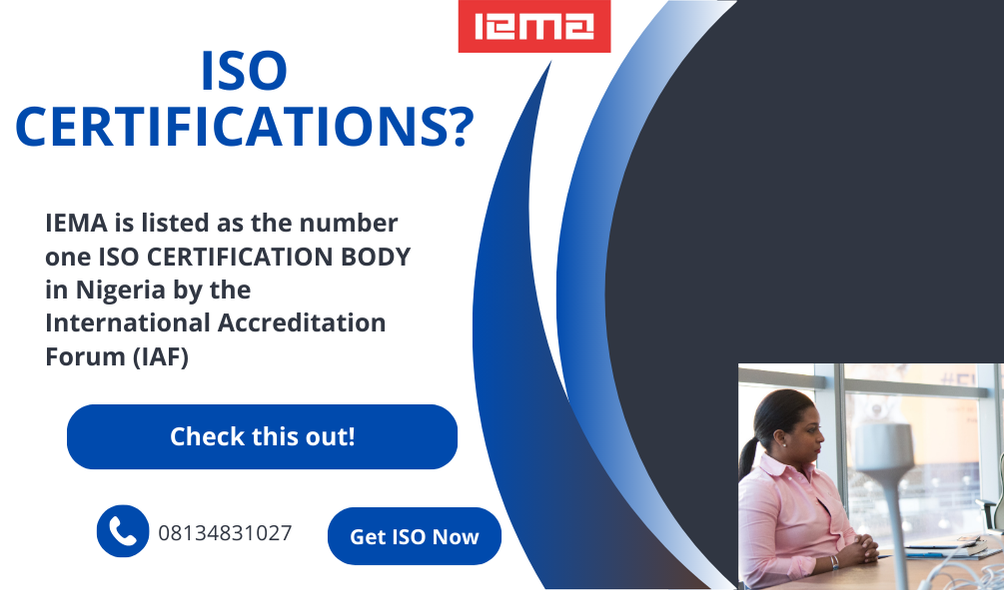For Professional Bid writers, drafting a winning bid response is a way of marketing their business, and making smallest of the mistake can cost you lose credibility and a coveted project. A government request for tender requires you to address key criteria in a certain format. They have a set pattern of the requirement that a bidder must adhere to while drafting a response to the request. Failure to addressing this details may cost you losing a winning contract and a significant revenue.
Following are common bidding mistakes, that you should avoid:
Bidding for the Wrong Project: you don’t have to bid for every project that you come across. It can be enticing to participate in every tender that comes at your desk. but instead be selective in your approach. Selecting the right project to bid is vital for maintaining a profitable business.
Failing to read the fine Print: You need to read the document carefully in order to understand the buyer’s requirement. Neglecting to provide a required information, gives the buyer a good reason to toss your proposal.
Submitter Deadline: Your Solicitation will include specific time/ date/location for submission. Failing to submit on given time may get you rejected from winning a contract.
Requesting Clarification: If you are in doubt as to the meaning of a bid term, then follow the procedure to seek clarification. It is advisable generally, not to rely on oral representations. Seek clarifications in writing if the terms are unclear
Bidding through Proper entity: The bidding entity should itself be a qualified pursuant to country law. It is not advisable to rely on qualified employees or the qualifications of affiliated companies for guidance
Failing to specify sub-contractors: The solicitation may require the disclosure and/or certain qualifications of subcontractors to be used or offered to meet requirements of the project. If so, this information and proof of the subcontractor qualifications must be included in the submission.
Making it all about you: Avoid talking only about the company, talk about your product and results. Talk about What will the customer get out of what you are offering, and how it will benefit or impact the customer. So make sure, everything that you have written is what customers want to hear and not what you want to say.
Failing to sell yourself: Differentiate yourself from your competitors and convince the buyer that your proposal offers something that outshines competing offers. Be specific about what makes your proposal unique, new or different.
Pricing: Carefully review and evaluate every sub bid to make sure that the prices quoted are complete and accurate. Ambiguities or incomplete pricing will generally lead to a rejection of the bid or proposal. Remember that a fundamental tenant of public procurement is that bidders should be afforded fair and equal opportunity to compete.
Proofread: Lastly, Keep some time for Proofreading A proposal filled with errors gives the impression you are not detail-oriented and could ultimately hamper your credibility.
Feedback: Regardless of whether you win the bid, always request for the feedback. This the key to success and improving your future win rate.
By learning to evaluate mistakes and fix them will help you write a better proposal than the average seen by the buyer.





Leave a Reply